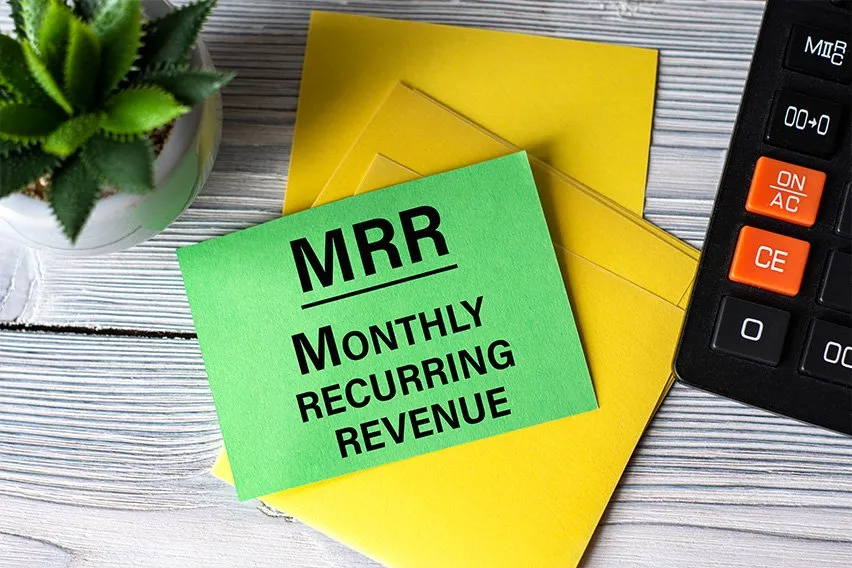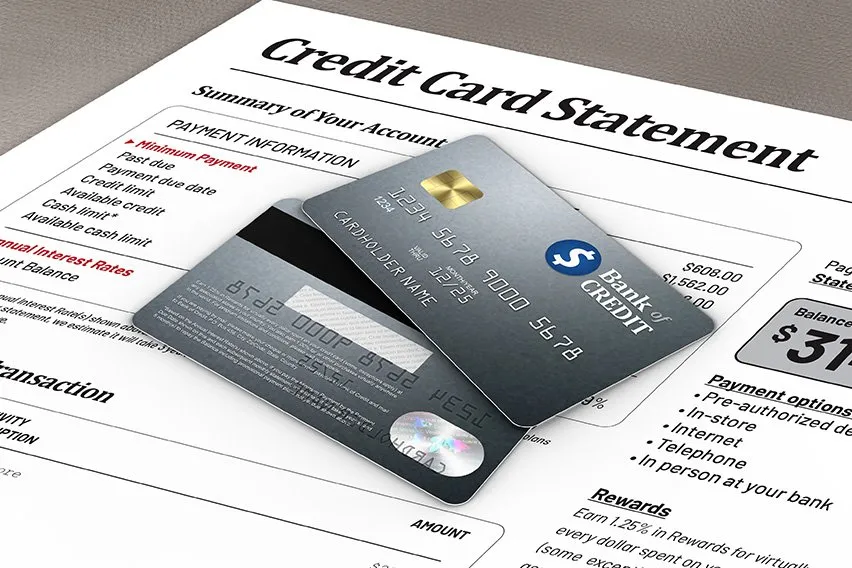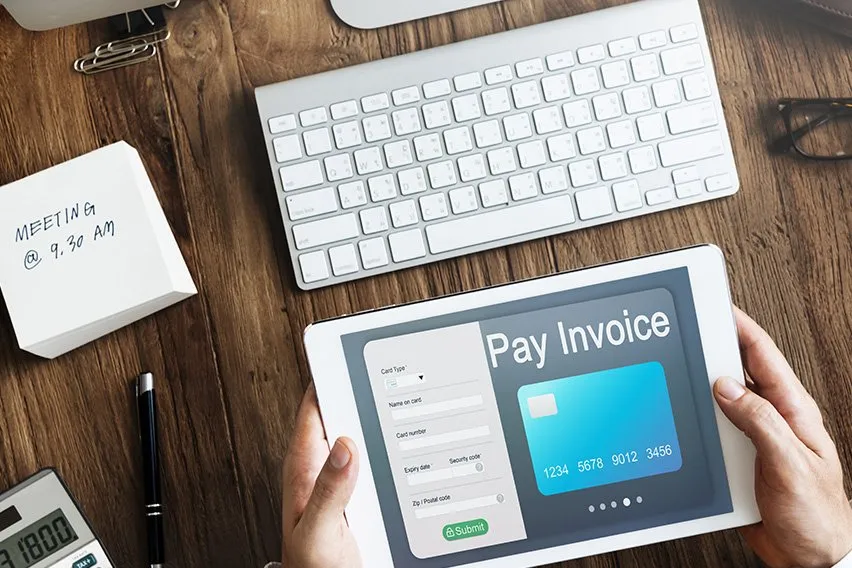What Is a Recurring Payment? How to Get Paid Faster with Automatic Billing

A recurring payment is a method of paying bills in which a business automatically charges its client for specific services according to a prearranged schedule. To process recurring payments, the business must get the client’s permission up front to charge a credit card on a recurring basis. The business can then continue to process scheduled payments until the client chooses to cancel the recurring billing arrangement.
Explore these topics to learn about recurring payments for small business:
What Are the Benefits of Recurring Payments?
When Should I Use Recurring Payments?
What Are the Benefits of Recurring Payments?
Recurring payments benefit small businesses by offering a guaranteed level of income according to a set schedule. Here are some of the top benefits of accepting recurring payments:

Improve Your Cash Flow
By accepting recurring payments, your business can be assured of a steady flow of cash entering your bank account reliably each month. With a predictable cash flow, you’ll be better equipped to cover your business expenses and any emergency costs that come up. Recurring payments also help you create accurate cash flow projections, since you’ll be better able to predict the money coming into your business every month.
Receive Payment Faster
Recurring payments allow your clients to set up a payment schedule and then let the billing software do all the work, so they don’t have to think about paying you. Eliminating the need for clients to make payments according to their own timelines speeds up the payment process because there’s no risk of your payment being forgotten or paid late.
No Need to Chase Down Payments
Recurring payments also mean you’ll spend less time chasing down payments from clients, which not only eliminates the need for awkward conversations about late payments, but it leaves you with more time to focus on your business instead of wasting time on administrative accounting tasks.
Minimize Billing Legwork
With recurring payments, you won’t have to spend time each month creating invoices and processing payments from clients. Instead, you’ll just need to set up the initial payment schedule and then let your payment software handle the payments. You’ll only need to get involved if you need to make changes to the amount charged or the payment type.
Save the Environment
Accepting recurring payments helps the environment by cutting back on the amount of paper waste your business generates. With recurring payments, your clients can receive their invoices and receipts electronically, eliminating the need to print those documents, and they’ll stop mailing payments by check. A U.S. Chamber of Commerce study found that for every million dollars in revenue, a business creates 7.8 metric tons of waste, 40% of which is paper.
Save Money
Cutting down on paper billing also saves businesses money. It’s currently estimated that roughly half of all business-to-business payments are made by check. According to a Chamber of Commerce study of more than 5,500 U.S. companies, if these businesses eliminated just one percent of the paper they used, they could save a total of nearly one-billion dollars.
Improve Client Relationships
Offering clients the option to set up recurring payments can improve your business relationships by helping your clients save time and energy in their payment efforts. By establishing a long-term relationship with a client based on recurring bills, it’s also more likely your clients will see your work as a long-term business cost, adding you to their ongoing budgets.

Process Payments Securely
You can give your clients greater peace of mind by allowing them to set up recurring payments, because it offers a more secure method of payment. Online payment services will encrypt your client’s data for a more secure transaction and by not sending payment by mail, your clients can reduce the amount of sensitive banking information in circulation.
When Should I Use Recurring Payments?
Small businesses with clients that pay a set or similar amount on a monthly basis are prime candidates for recurring payments. Here are some common business scenarios in which offering clients the option of recurring payments makes sense:
- Service-based small businesses that bill clients for a set number of working hours each month.
- Software providers that bill their clients for a set monthly licensing fee to use their products.
- Businesses that offer their clients set monthly service packages; for example, a freelance digital marketing consultant who charges a set fee each month for social media management.
- Businesses that offer monthly maintenance packages to clients; for example, a freelance webmaster who charges a flat monthly fee to maintain their client’s website.
RELATED ARTICLES
 How to Accept Credit Card Payments: A Small Business Guide
How to Accept Credit Card Payments: A Small Business Guide How to Make Your Customers Pay for Credit Card Fees
How to Make Your Customers Pay for Credit Card Fees When Should You Pay an Invoice?
When Should You Pay an Invoice? How Much Does It Cost to Send an Invoice?
How Much Does It Cost to Send an Invoice? What Does Payable by Invoice Mean?
What Does Payable by Invoice Mean? How to Get Invoices Paid Faster: 10 Tips To Get Paid Faster
How to Get Invoices Paid Faster: 10 Tips To Get Paid Faster